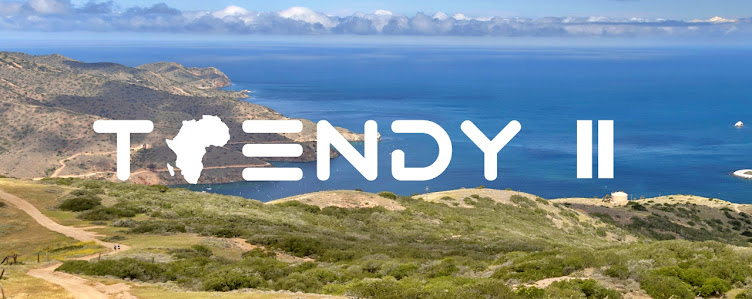Beats of the Antonov was a big winner at the 36th
Durban International Film Festival, taking home both Best Documentary and the
freedom of expression award. The uplifting documentary is a celebration of the
people of the Blue Nile and Nuba Mountains in Sudan, who fought with the South
for independence but now remain trapped in a civil war in the North.
The jury awarded Beats of the Antonov R25 000 for
Best Documentary “for its story, characters, relevance and visual
interpretation,” and for a “story told with grace, while honouring the
integrity of the people who gave them access as well as the subject matter.”
The jury for Arterial Network’s Artwatch Africa Award
for freedom of expression, which carries a cash prize of R15 000, added, “This
compelling film shows how the power of music, dancing and culture sustains the
displaced people living in the remote war-ravaged areas of Southern Sudan.”
City Press similarly hailed Beats of the Antonov as
“the must-see film at the Durban International Film Festival this year.”
Scoring the documentary 9/10, reviewer Charl Blignaut said the "truly
extraordinary film dances a line between cultural expression and an exploration
of identity in a pure, textured and impossibly complex Fanonian sense… Beats of
the Antonov is the purest kind of cinema. One man and a camera that unpeels a
story of the unmakings and makings of identity through cultural production, one
where the musician and the audience is unseparated, where music is able to
express both lament and healing.”
The documentary also re-opened debate over the South
African government’s decision to allow Sudan’s current president, Omar
al-Bashir, to leave South Africa last month, flouting a court order and
international convention. As Tymon Smith wrote in his festival review in The
Times, the “excellent Beats of the Antonov… got tongues wagging.” As the
headline of a Sunday Tribune op-ed said, “Zuma needs to see his Sudan
documentary,” which positions the civil war in Sudan as a racist war driven by
an anti-black notion of Arabisation.
"Omar al-Bashir, who is by all counts a black
African, chooses to identify mainly as Arabic-Islamic,” hajooj told The
Financial Mail. "This is not an issue until he, and previous Sudanese
governments, impose this, at gunpoint, as a national identity on the rest of
the 56 major ethnic groups that make up Sudan. This one-dimensional Sudanese
identity creates marginalised second-and third-class citizens and an endless
state of war in Sudan."
Beats of the Antonov has charmed audiences around
the world, winning The People’s Choice Documentary Award at The Toronto
International Film Festival and four other international awards. Sudanese
filmmaker hajooj kuka directed and shot the documentary over two years, at
immense personal risk. He also produced alongside South African Steven
Markovitz, as a coproduction between Sudanese production company Refugee Club
and South African company Big World Cinema. South African Khalid Shamis edited
the documentary with hajooj in Cape Town.


No comments:
Post a Comment